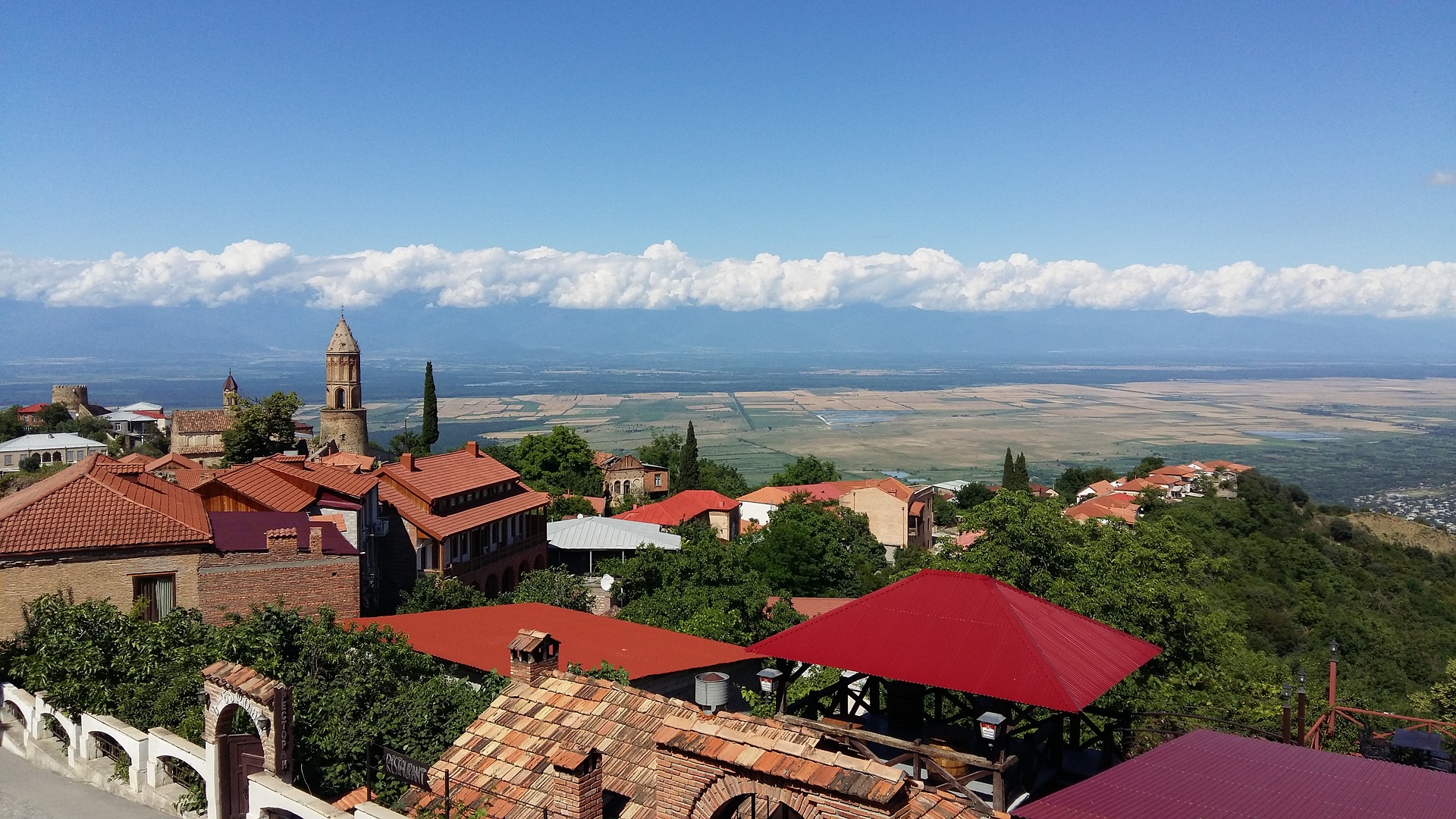The list of countries where rugby is the national game is a vanishingly elite band. Most sports fans might reel off New Zealand, Wales, South Africa and at a push the Pacific Island nations. One that won’t be on the tip of most tongues is the former Soviet state of Georgia, who faced up against a much-fancied Wales outfit in their tournament opener. A slick first half from Warren Gatland’s men put the game beyond doubt, but an evenly fought second reflected the battling qualities of the Georgians.
The surprising popularity of the sport owes much to the long history of the game of ‘Lelo burti’, a game resembling medieval football in Britain where teams from villages compete to move a ball (weighing several kilogrammes and blessed by a priest) towards a marked area known as the ‘Lelo’. Full contact and with few rules to speak of, a slightly less brutal version still exists today. Indeed, the Georgian word for ‘try’ is ‘lelo’, a fitting tribute given the brutal games’ legacy on the Georgians’ style of play.
Thus the seeds of rugby’s appeal in Georgia were sown long before history’s most successful cheat, William Webb Ellis, whom allegedly picked the ball up and ran with it. In modern times, however, Georgia’s fledgling rugby infrastructure largely vanished after the collapse of the Soviet Union in 1991, after which it was initially banned from joining rugby’s governing body. Fixtures with Russia still see tensions run high, to such a degree that a recent world cup preparation game between the sides had to be cancelled. Rugby’s resurgence owes much to former Beziers’ flanker, Claude Saurel, stint as national coach in the early 2000s. Using contacts to export Georgia’s most promising players to the French leagues (where 60% of the squad still play) gave them valuable experience, as did the toughness of a training regime comprising homemade tackle bags and old Soviet tractors as scrum machines. In 2003 they played in their first world cup, their first game being against eventual champions England.

So what has become the Georgian way? A forward pack comprised of tough, bearded physical specimens gives some clue. They possess a scrum and maul to frighten the world’s best, strengthened further by the addition of legendary forward Mamuka Gorgodze, known to all as ‘Gorgodzilla’, following his coming out of international retirement. While steps have been made in recent years to develop a running game, any progress they make in the ‘Group of death’ with Wales, Australia and Fiji will likely be down to their traditional strengths of forward muscle and sheer bloody-minded toughness. It is no coincidence that both their tries against Wales were scored by forwards from close quarters. As their New Zealander coach Milton Haig put it “…they are absolute soldiers, they are fighters. They have been defending their country for centuries against all sorts of invaders. They are used to combat.” The game’s rich history in Georgia shows the wide appeal of a sport too often caricatured as a public-school pastime and demonstrates the fascinating backstories behind many so called ‘tier two’ nations.

